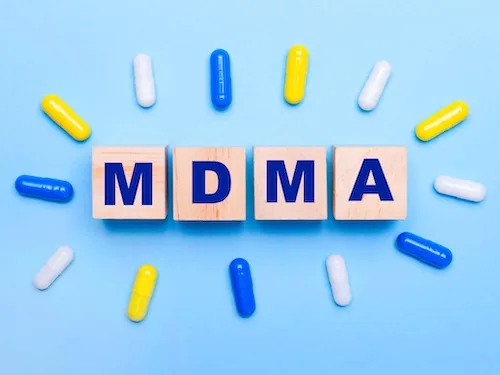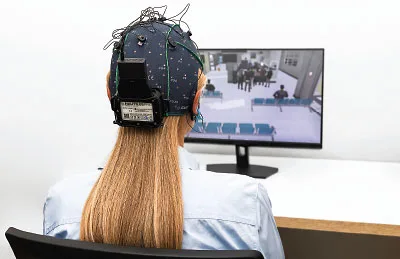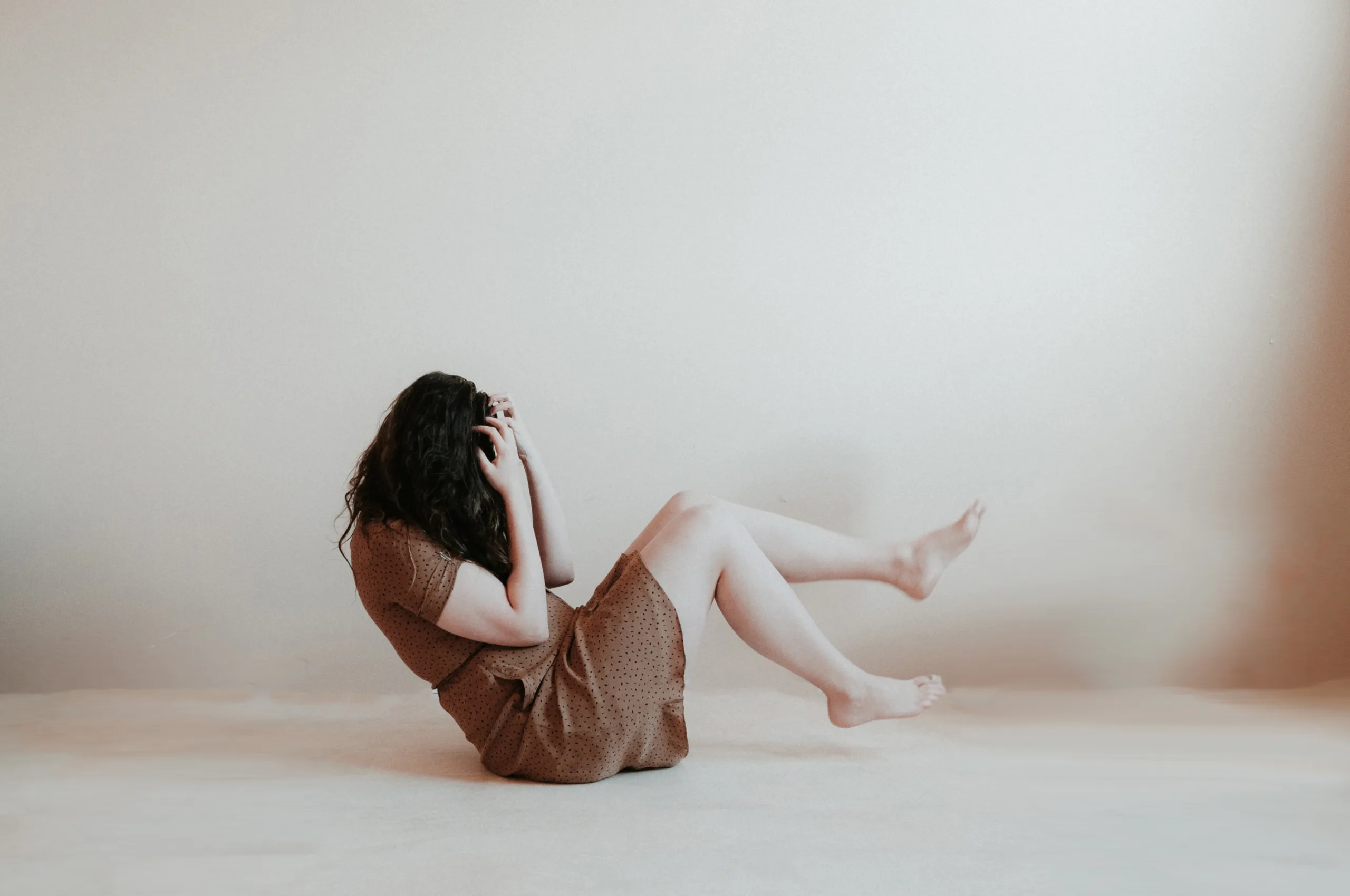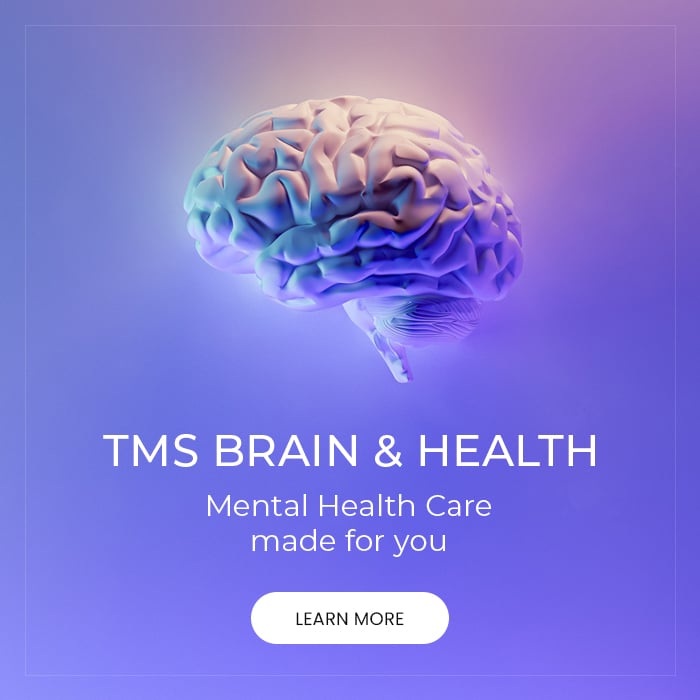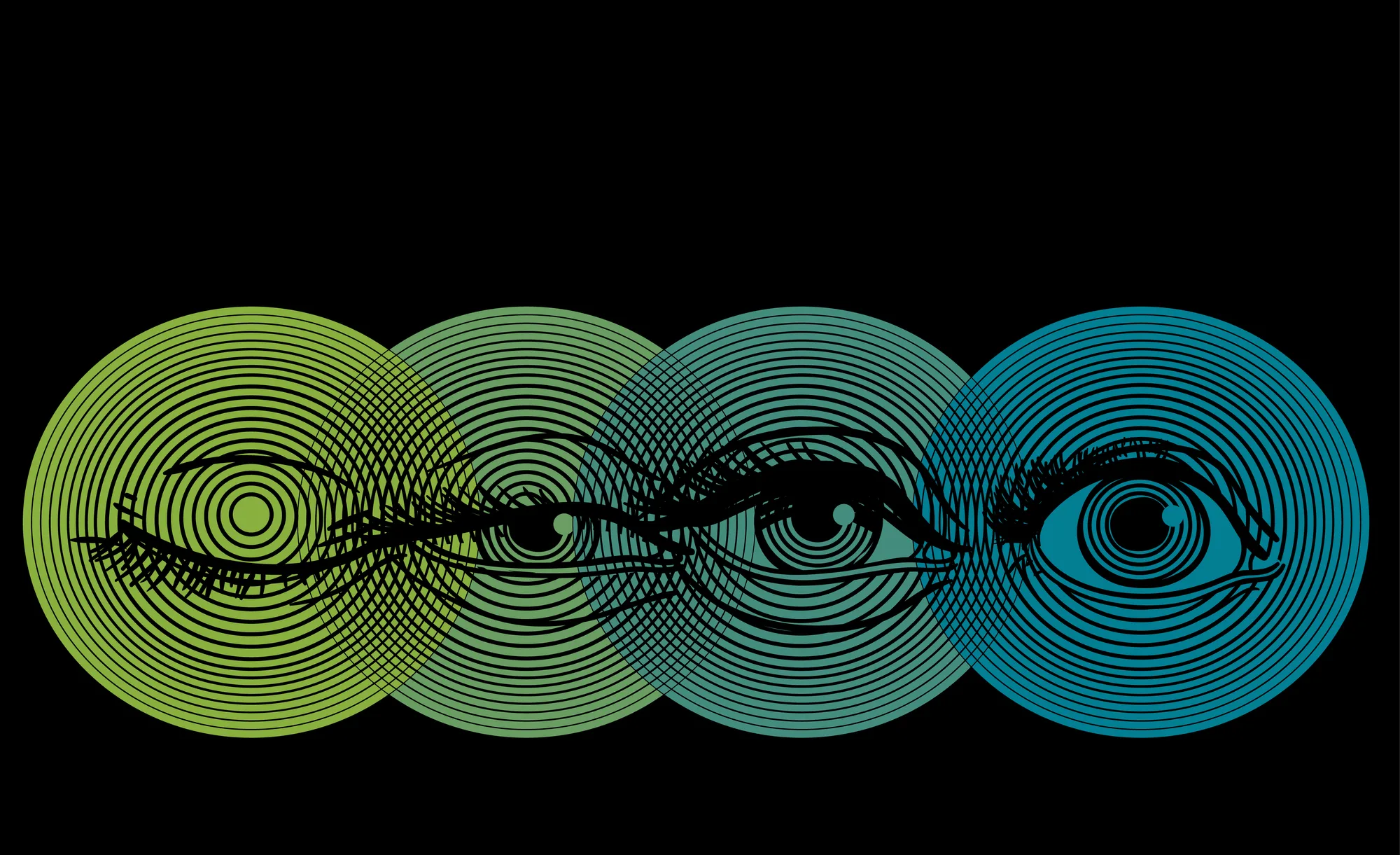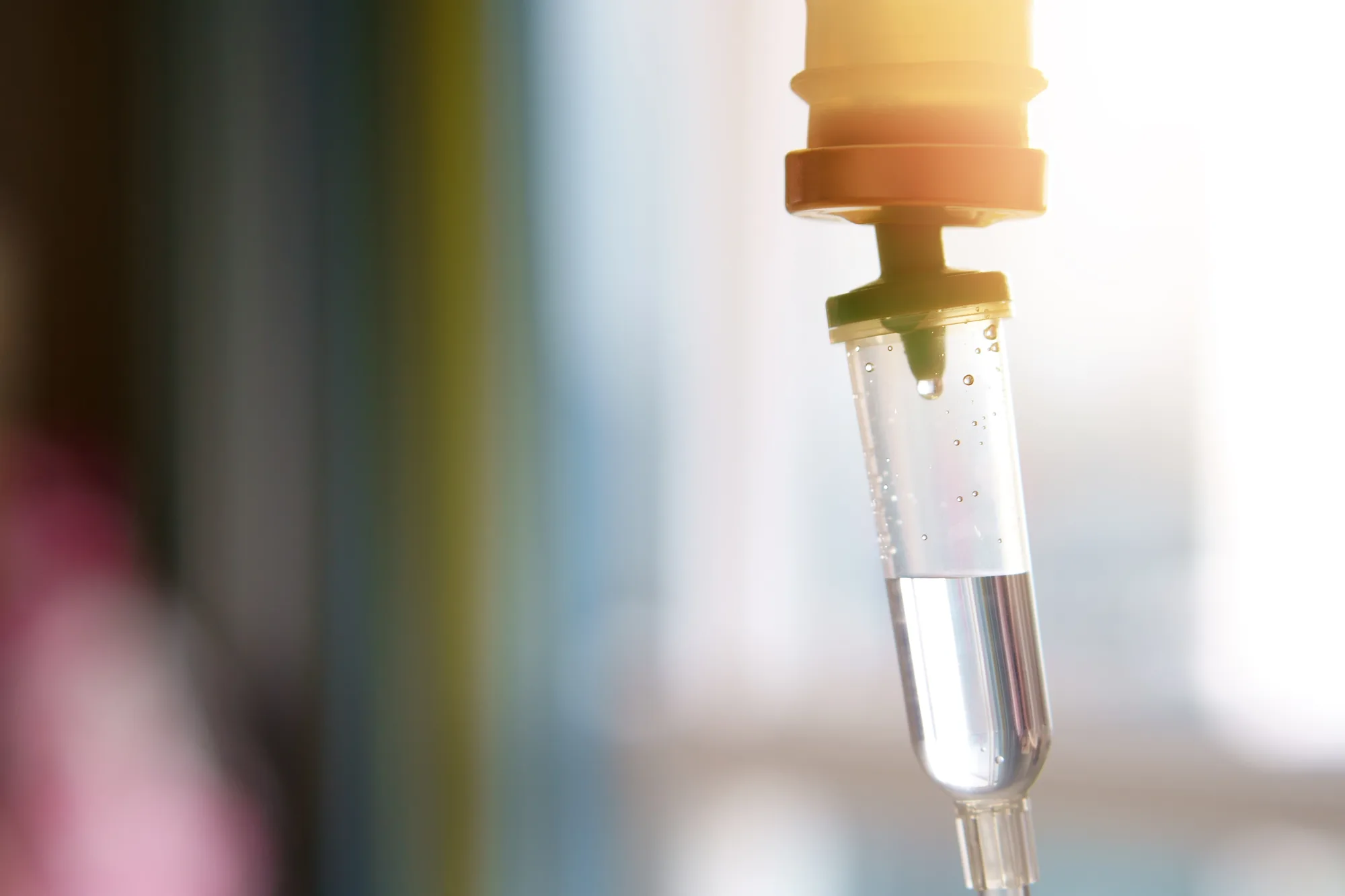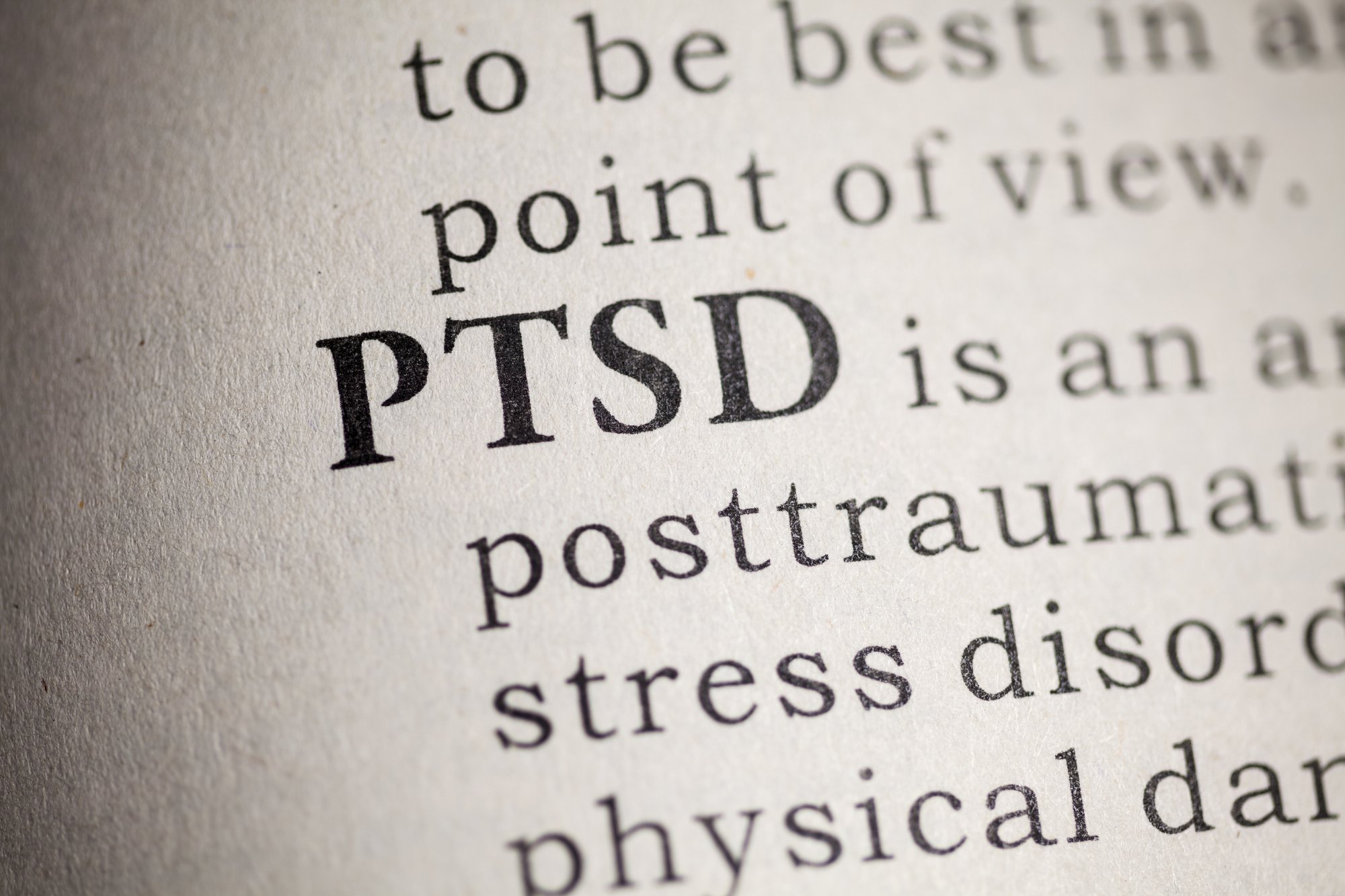Anxiety on its own is a healthy emotion to experience, and often motivates us to perform better in daily life. However, when anxiety becomes too intense and feelings of fear and distress hinder everyday activities, this is usually considered an anxiety disorder.
Anxiety disorders are the most common type of mental health issue in the United States, affecting almost 20% of adults and 7% of children. Typically, individuals will develop symptoms of an anxiety disorder before the age of 21.
There are different types of anxiety disorders, but all are categorized by a persistent, excessive worry or fear in situations that aren’t threatening. Usually, individuals with an anxiety disorder will experience at least one of these symptoms:
-
Restlessness
-
Irritability
-
Feeling jumpy or tense
-
Feelings of dread or apprehension
-
Anticipating the worse and being watchful for signs of danger
-
Sweating, twitches and tremors
-
Fatigue, insomnia, or headaches
-
Frequent urination, diarrhea, or upset stomach
-
Racing or pounding heart and shortness of breath
The four most common types of anxiety include:
Generalized Anxiety Disorder
Generalized anxiety disorder, or GAD, is categorized by chronic exaggerated worrying about daily life. Worrying (or anxiety) can occur for many hours every day. This disorder often makes it difficult for an individual to complete daily tasks or concentrate. A person with GAD can become exhausted by worry and may experience nausea, tension, or headaches.
Social Anxiety Disorder
This disorder is characterized by intense fear concerning social interaction. Social fears are often driven by irrational worries about humiliation. Many individuals with social anxiety disorder become isolated or experience panic attacks as a reaction to forced or anticipated social interaction.
My experience with TMS has been totally life changing. I highly
recommend it for anyone experiencing depression and anxiety. It’s
not another band aid, it’s a true solution!
Specific Phobias
This type of anxiety disorder involves an intense and irrational fear of a certain place, event, or object. Most individuals with a phobia have multiple things that are considered triggering. These triggers can cause powerful reactions like panic attacks or similar emotional and physical symptoms. Individuals will often adjust their daily routines and create boundaries to avoid their triggers.
Panic Disorder
Panic disorder is defined by frequent or recurring panic attacks and sudden feelings of terror. Panic attacks can often be mistaken for a heart attack, as it causes physical symptoms such as racing heart, chest pain, shortness of breath, or dizziness. With panic disorder, panic attacks can occur suddenly and without warning. Individuals with the disorder will sometimes go to desperate measures to avoid having a panic attack, including social isolation.
Other common anxiety disorders include:
-
Agoraphobia: intense fears about places or situations that might cause panic or embarrassment. Individuals with agoraphobia will often purposefully avoid these places or situations, which can lead to severe isolation depending on the number of situations causing fear.
-
Selective mutism: This disorder occurs among children and is characterized by a consistent failure to speak in certain situations when speech is possible in other situations. Children with selective mutism often will be unable to speak in social situations like at school, but have no trouble speaking with family members at home.
-
Separation anxiety disorder: Another childhood disorder characterized by excessive anxiety for the developmental level related to separation from parents or individuals with parental roles.
-
Substance-induced anxiety disorder: This disorder involves symptoms of intense anxiety or panic that are a direct result of withdrawal from medications or drugs or being exposed to a toxic substance.


